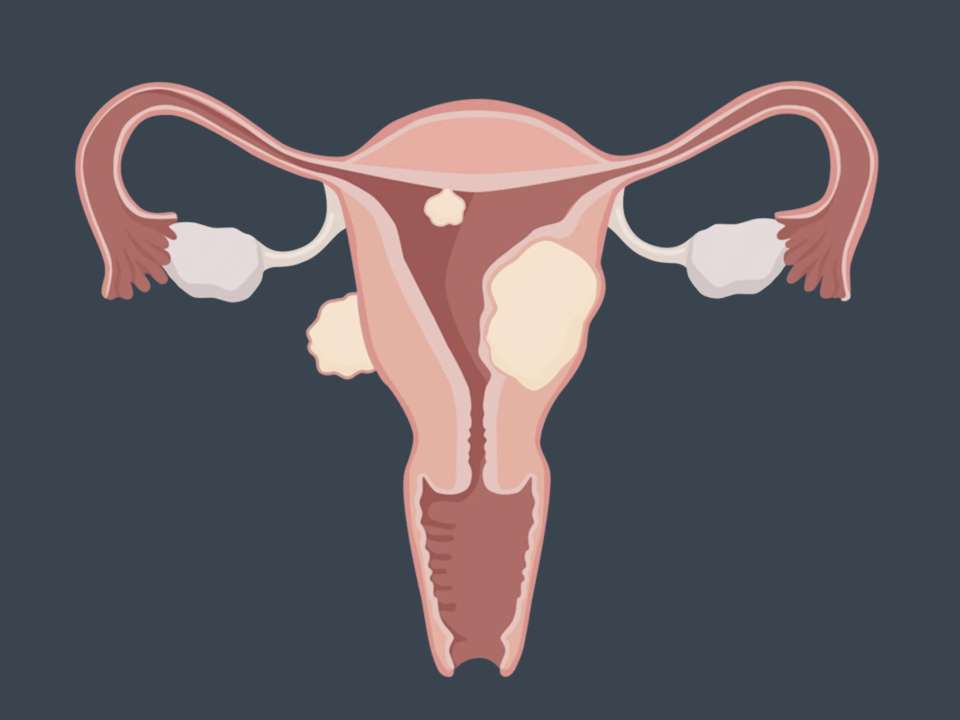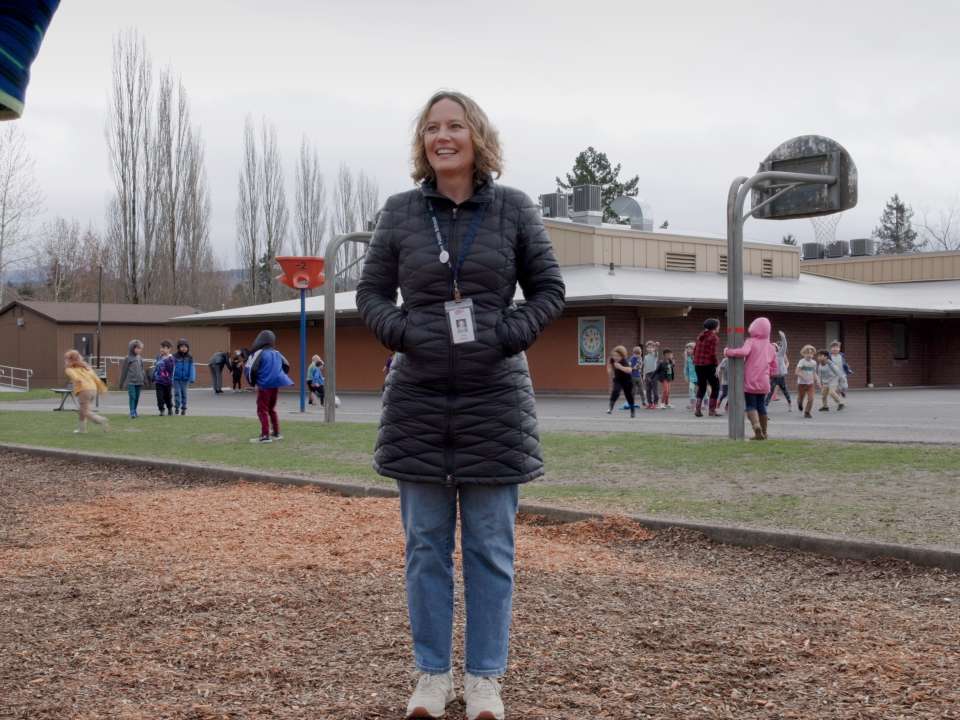This Is How Vaccination Prevents Disease and Why That Should Matter to You

If you were born in the last 70 years, you probably take your ability to avoid dying from diphtheria for granted—if you’ve even heard of it. The bacterial infection creates a poison that can cause a thick membrane to develop in the nose, throat and airway, making it difficult to breathe and swallow. In 1921, before there was a vaccine, it killed more than 15,000 Americans, according to the Centers for Disease Control and Prevention. From 2004 to 2014, only two cases of diphtheria were reported to the CDC, thanks to widespread vaccination, which became routine in 1940.
“I think vaccines are one of the greatest achievements of modern medicine,” says Sean Murphy, M.D., Ph.D., assistant director of the Clinical Microbiology Laboratory at University of Washington Medical Center and assistant professor in the Department of Laboratory Medicine at UW. He is currently working on developing a vaccine for malaria.
The World Health Organization estimates immunizations prevent 4-5 million deaths per year. But how do they work? And are they really still important in the U.S. today? Here’s what you should know.
How Vaccination Works
Do you ever think about all of the germs you come into contact with every day? From washing your dishes with a sponge to riding on public transportation or petting your dog, most things you interact with are teeming with bacteria. One recent study found more than 17,000 bacterial gene copies on the cell phones of high school students. But most people don’t have to worry about getting sick from scrolling Instagram.
That’s thanks to your immune system. The organs, cells and tissues that comprise the immune system work like little guards, attacking the invaders—hopefully before they make you sick. When you’re immune to something, your body knows to fight it off. But when you aren’t, it can get through the gates and make you sick.
“The goal of a vaccine is to sort of mimic that infection, or educate the immune system, so that if it sees the pathogen another time—this time when it’s a live pathogen—it will know to search and destroy that,” says Murphy.
Developing a vaccine involves extensive research into a disease-causing microbe, including how it infects cells and how the immune system responds to it, he explains. In most cases, the best line of defense against a disease is to be vaccinated with an “attenuated” version of the microorganism.
Attenuated vaccines introduce a small amount of the live microbe into your body. The microbe has been weakened in the lab, so it won’t make you sick, but is still strong enough for your immune system to recognize it, says Murphy.
“I liken vaccines to putting mug shots up of the bad guys so that the immune system knows who to go after,” says Murphy.
One reason developing vaccines can be so complicated is because immunity is a fine line. You need it to combat pathogens that could make you sick or kill you, but you also need your immune system to not go after yourself, says Murphy. When your immune system confuses your body’s own cells with a ‘bad guy’ you wind up with issues like autoimmune disease.
“We have to balance finding the foreign organism and killing it without sending the body into a tailspin of too much inflammation,” says Murphy.
Protecting Yourself Helps Others
On a large scale, vaccines work by achieving what is known as “herd immunity,” Murphy says. That’s when enough people in a group are vaccinated that the disease is essentially eliminated, protecting those who are more vulnerable and can’t be vaccinated, like the sick, elderly or very young.
When herd immunity is compromised, you wind up with cases like the 2015 Disneyland measles outbreak, which was fueled by vaccine refusal, or the mumps outbreak in Washington, which infected nearly 900 people between October 2016 and August 2017.
So, getting vaccinated—whether it’s making sure you have your mumps vaccine or you get a flu shot—is a pretty altruistic thing to do, if you think about it, Murphy says.
The Vaccine Safety Factor
The process of developing a vaccine is followed by years of rigorous safety testing, says Murphy, who is also medical director of the Malaria Human Challenge Center and an investigator at the Seattle Malaria Clinical Trials Center.
“Vaccine safety is in the forefront of the mind of anyone developing a vaccine. This is why it takes 20 years or more to get things into humans,” he says.
By the time a vaccine makes its way to your doctor’s office, it has been tested in thousands of people who have all given their consent to participate in studies, knowing that the vaccine may have a benefit to them or others.
“Right here in Seattle, we give volunteers a vaccine and then we purposely infect them with malaria so that we can figure out if they’re safe and efficacious halfway around the world,” says Murphy. “The same is true for all of the vaccines that have been approved.”
Some people do experience side effects, like a sore arm after getting the flu shot. But interactions are typically minor and the benefits of avoiding disease outweigh that risk, says Murphy. And for anyone who’s still wondering: research has found that vaccines don’t cause autism.
Vaccines for Children: Why They Still Matter
When babies are born, certain parts of their immune system are not yet formed, Murphy says. For the first six months of life, antibodies in breast milk can help protect the baby while their immune system is developing and learning to recognize what is normal and what is foreign.
The CDC’s well-tested childhood vaccination schedule recommends vaccines in such a way that one doesn’t make another less effective, says Murphy. When kids are likely to be exposed also plays a role, as is the case with the meningitis and HPV vaccinations.
“It’s a very complicated choreography,” he says.
According to a survey review published in Pediatrics, 87 percent of pediatricians in the U.S. encountered a parent refusing vaccinations for their child or asking to modify their vaccine schedule in 2013. That’s an increase from 2006, when 75 percent of pediatricians reported delays or refusals. The main reason for refusal was that parents deemed them unnecessary.
In Seattle, there is a lower rate of polio vaccination among kindergarteners than there is among 1-year-olds in Zimbabwe, Rwanda, Algeria, El Salvador, Guyana, Sudan, Iran, Kyrgyzstan, Mongolia and Yemen, KUOW reports. (Parents interested in seeing immunization rates at their child’s school can visit the Public Health — Seattle and King County website.)
Despite parents’ concerns, delaying your child’s vaccinations doesn’t have any health benefits—and it increases your child’s chances of being exposed to potentially dangerous vaccine-preventable diseases, says Murphy.
“Unfortunately, like most preventive medicine, when vaccines are doing their job, they don’t get the credit they deserve,” he says.

 Healthy ideas for your inbox
Healthy ideas for your inbox





